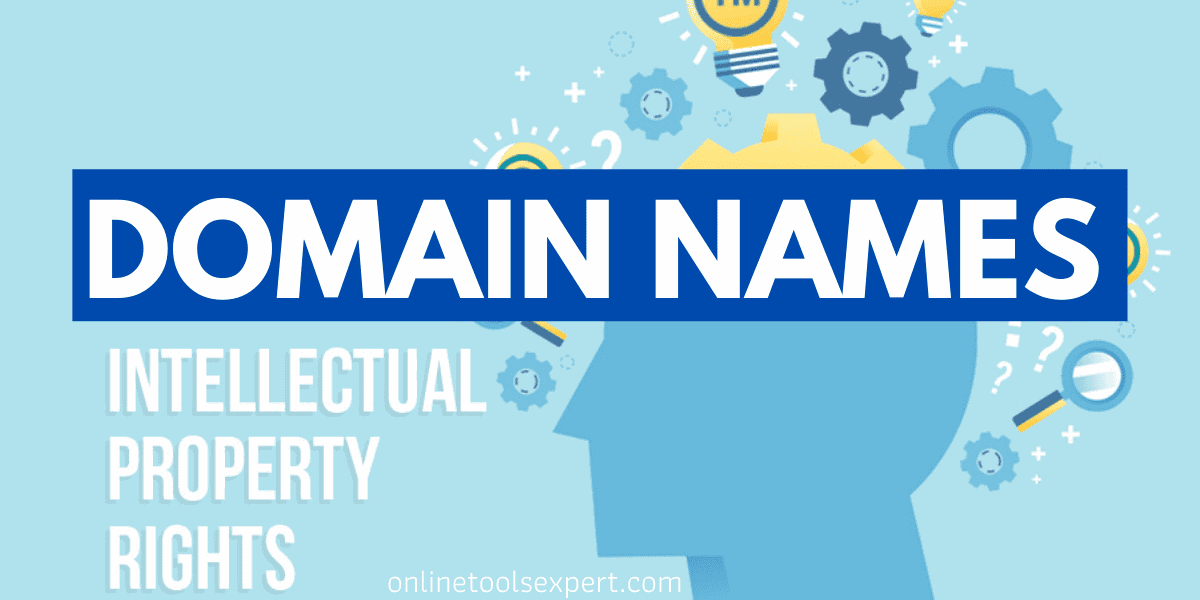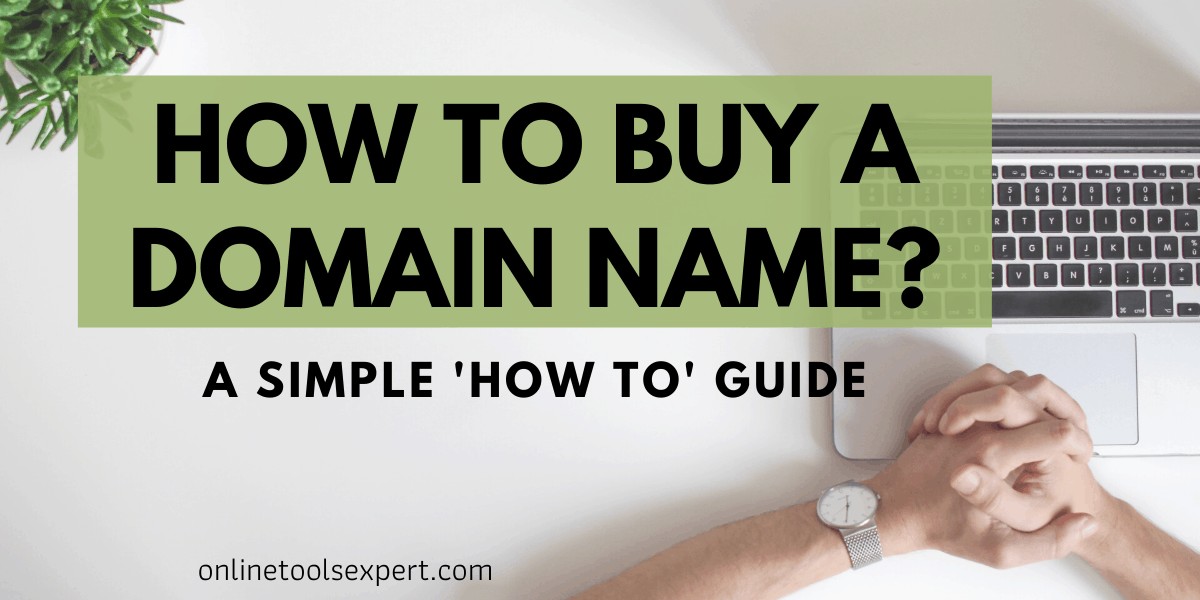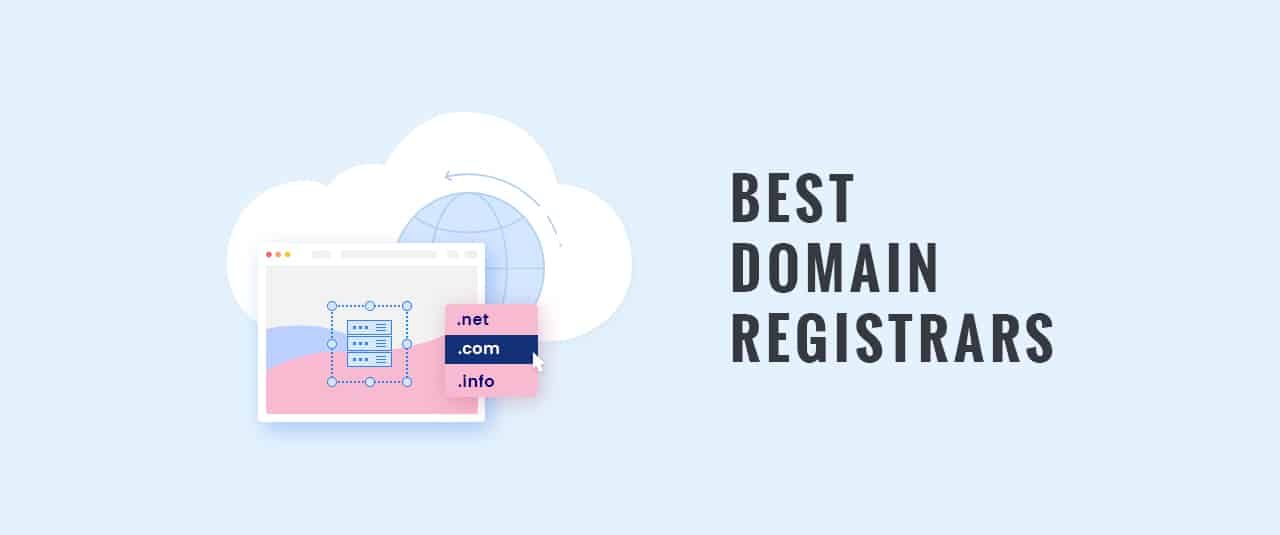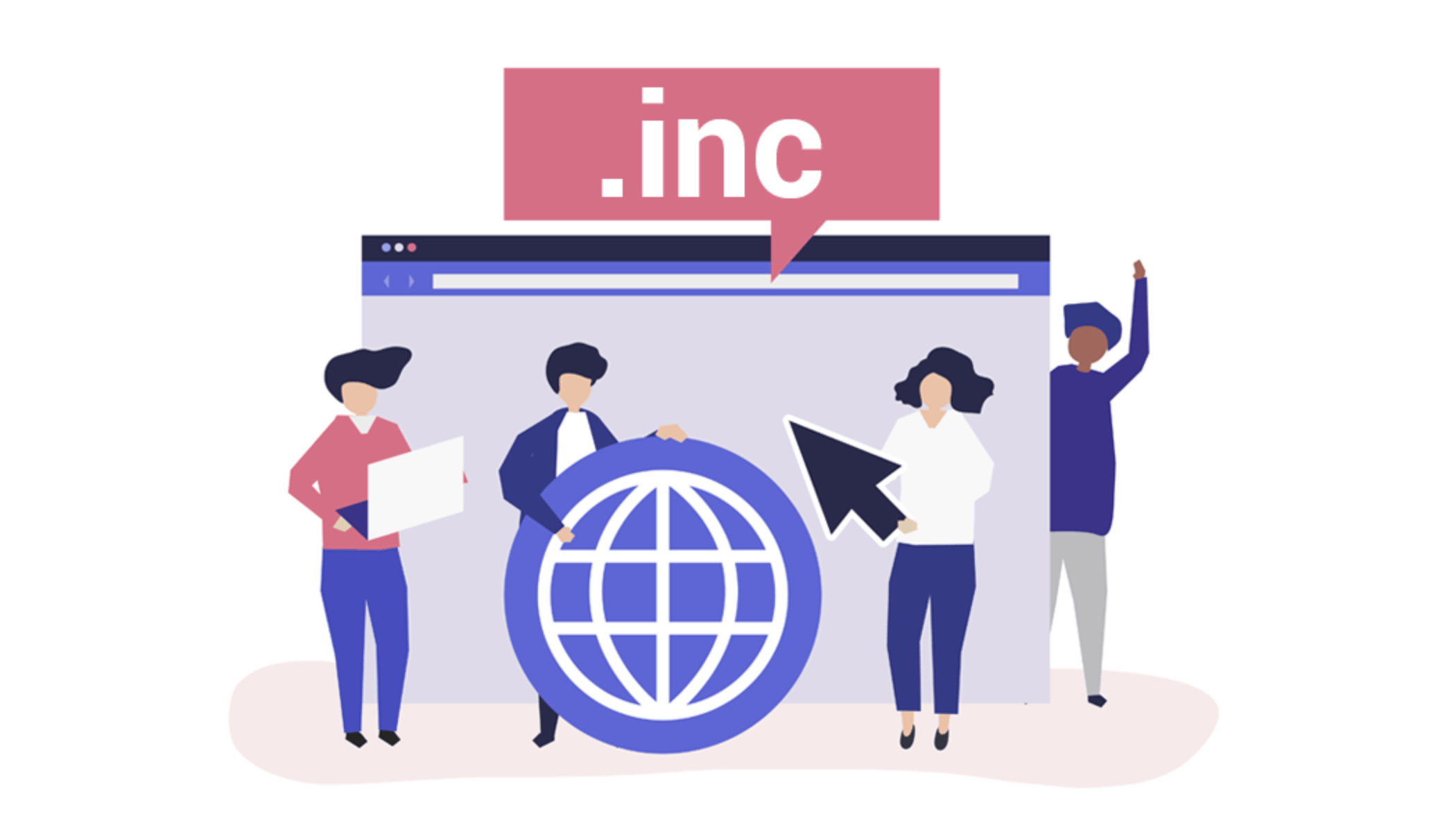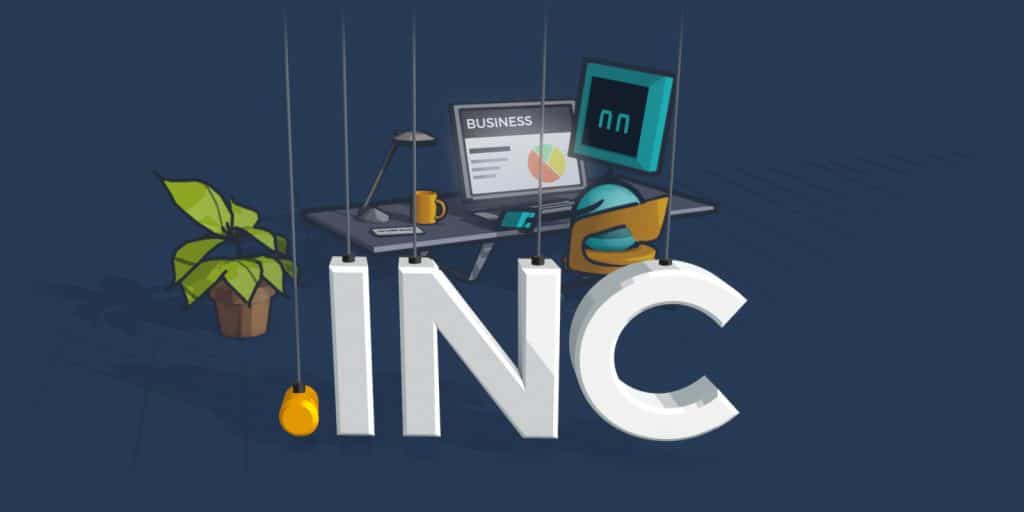Uzi Nissan, The Man Who Fought Nissan Over a Website And Won, Has Died Of Covid-19
Uzi Nissan is an Israeli who opened his own business in the United States in the early 80s. He first worked in a car workshop, then opened his own (named Nissan Foreign Car) and sold parts (named Nissan International), and then went into retail at a firm name Nissan Computer. For his own business, he … Read more


